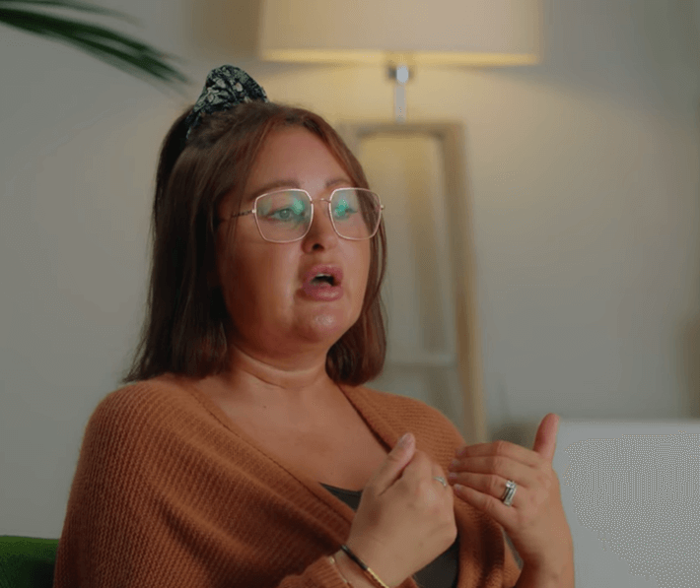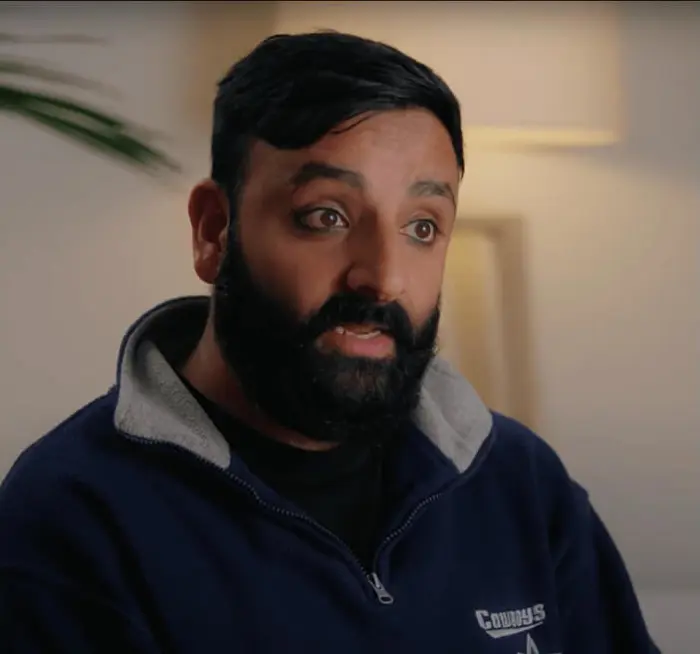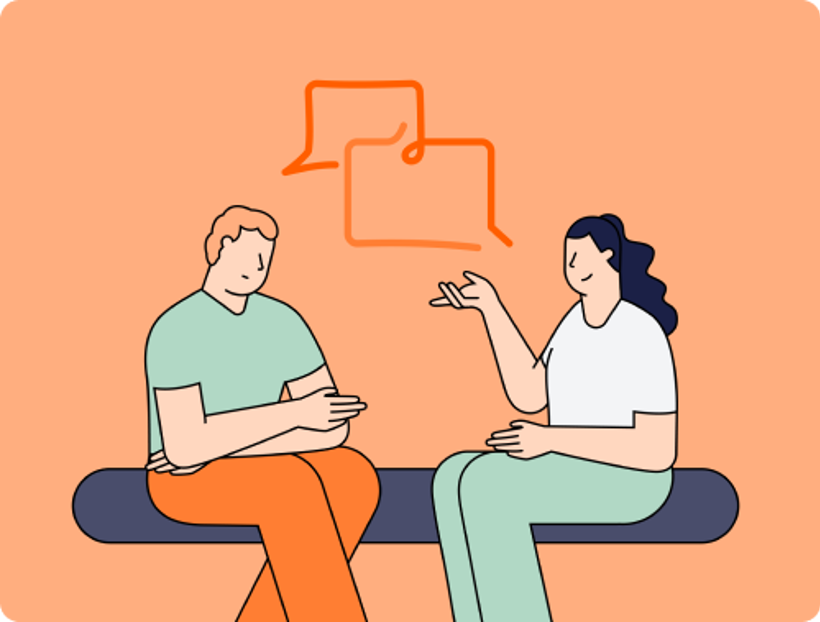
"I actively ask anybody to consider when they are gambling to look at the deeper reasons, and not just the money. The reasons you're doing it is usually something else."
One of the biggest barriers to people getting help and talking openly about gambling is the worry they’ll be judged by others. People sometimes feel judged because of the stigma around gambling harms. This stigma can stop people affected by gambling harms from getting the right help.
Stigma is a negative belief that a society or group of people have about something, which often results in people being unfairly labelled or judged because of it.
Starting a non-judgmental and honest conversation can be the first step towards getting support, whether you have gambled, or if you’re affected by someone else’s gambling.

"I actively ask anybody to consider when they are gambling to look at the deeper reasons, and not just the money. The reasons you're doing it is usually something else."

"When I found out that my partner had been gambling, a lot of the focus was on trying to find them support. It wasn't until much later that I realised that it did have a really big impact on me"

"I saw an advert on TV that offered £10 for free if you bet £10, and who says no to free money? Ultimately, that was the start of what led me to prison."



If you’re worried about your own gambling, it can be difficult to know what to say. Remember you’re not alone. If you want to talk to someone about your gambling, you could try a trusted friend or family member as a first step.
To start a conversation about gambling worries you could say:
If you’re experiencing financial difficulties due to gambling, it could help to reach out to your bank or a free advisor:
Whether it’s a friend, family member or colleague, it can be difficult knowing what to say or how to help.
If you talk to someone else about their gambling, let them know you’re concerned because you care about them, and want to understand what they’re going through. This can help them feel safe, speak openly and will allow you to develop a plan together.
To start a conversation with someone about their gambling, you could say:
Find out how to help someone who gambles
Language plays a big role in driving feelings of judgement and stigma. It’s important to try not to use terms that might reduce someone’s identity to their behaviour. For example:
Instead, use respectful, compassionate and non-judgmental language. For example:
For more advice on how to avoid using stigmatising language, read our language guide.
If someone talks to you about their gambling and does not seem worried, you could say:
If they have said they are worried about their gambling, you could say:
You could also help direct them towards possible support, for example:
Talking to someone about what you’re going through can be a big step towards getting the support you need.
Watch our lived experience community talk about their experience with gambling, and how they got the support they needed.

You can also talk to someone confidentially by reaching out to the National Gambling Helpline. They’re always ready to listen, 24 hours a day, 7 days a week. They will not judge you, and can offer free advice, information and emotional support.
You can contact the National Gambling Helpline by:

If you’re a healthcare professional who needs to talk to someone about their gambling, you should make sure the language you use is compassionate, supportive, and not stigmatising.
Stigma has been linked to poor mental health. When stigmatised, people often experience feelings of shame, embarrassment and other negative self-beliefs.
As a healthcare professional, there are several things you should do when talking to someone about gambling. For more advice on how to avoid using stigmatising language with a patient or client, read our language guide.
It might also be helpful to talk to your client or patient about the stigma associated with gambling harms and the impact it might have on them. This can help to normalise what they’re going through.
You can refer someone to the National Gambling Support Network for free, confidential and tailored support.